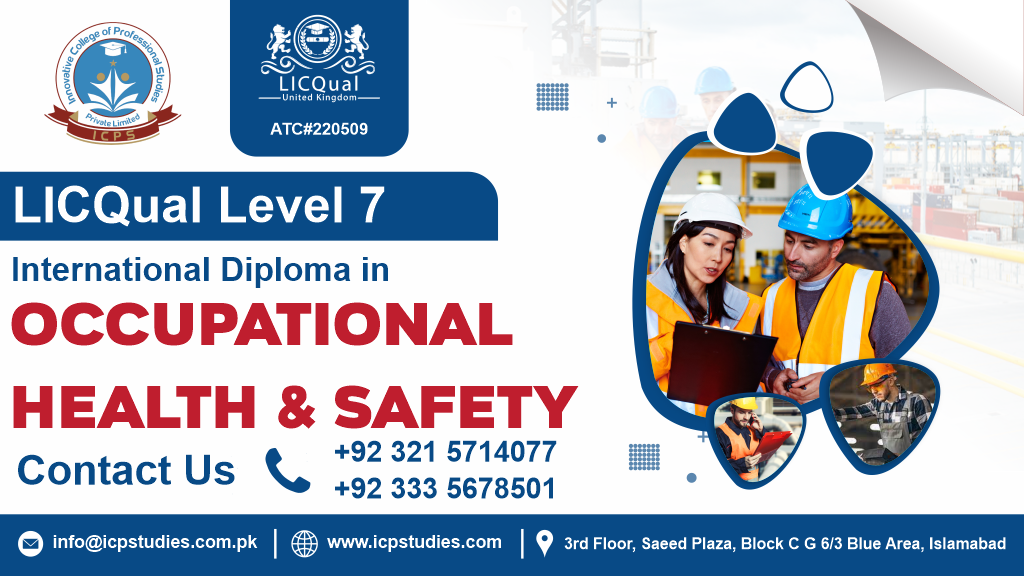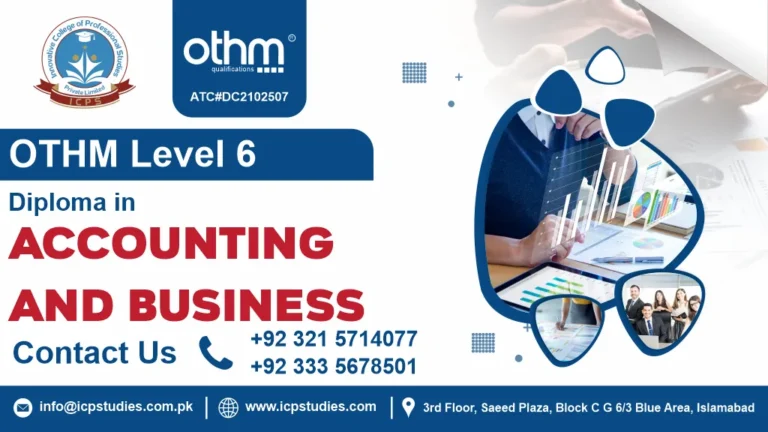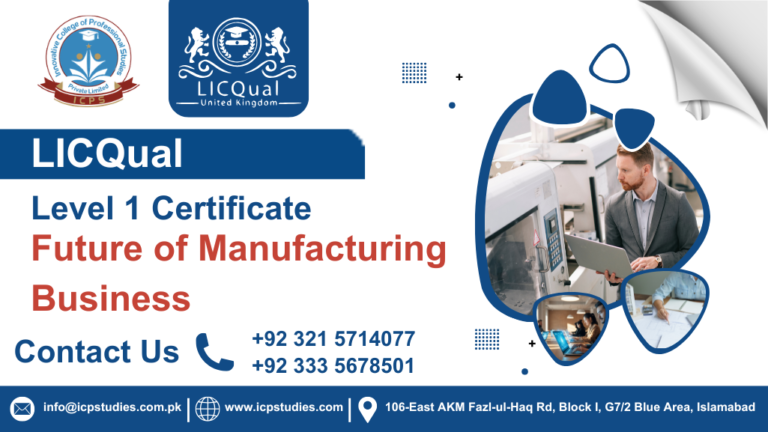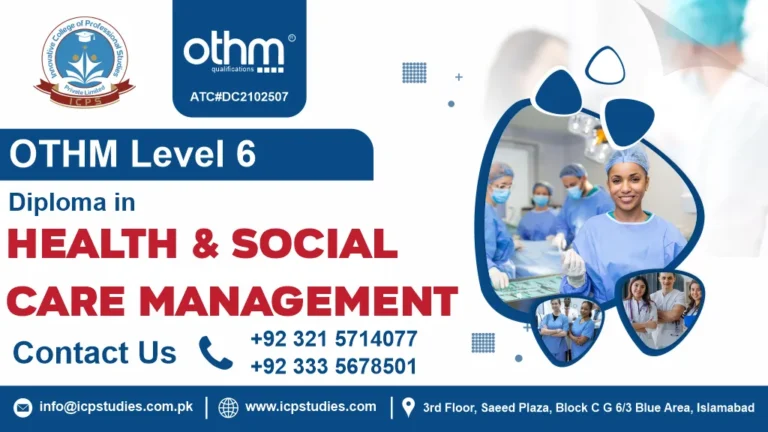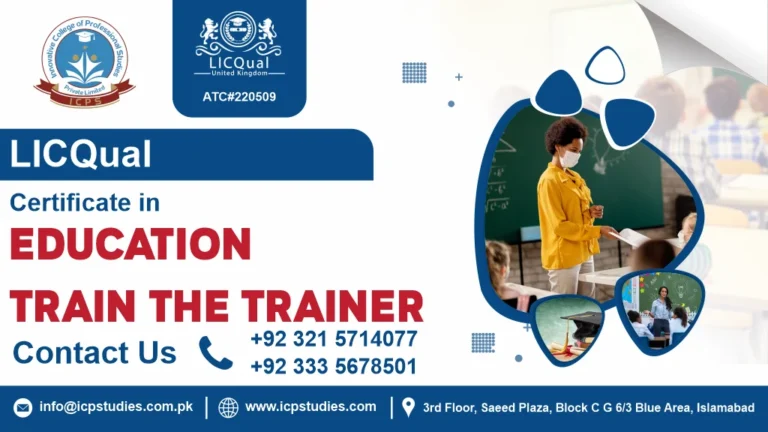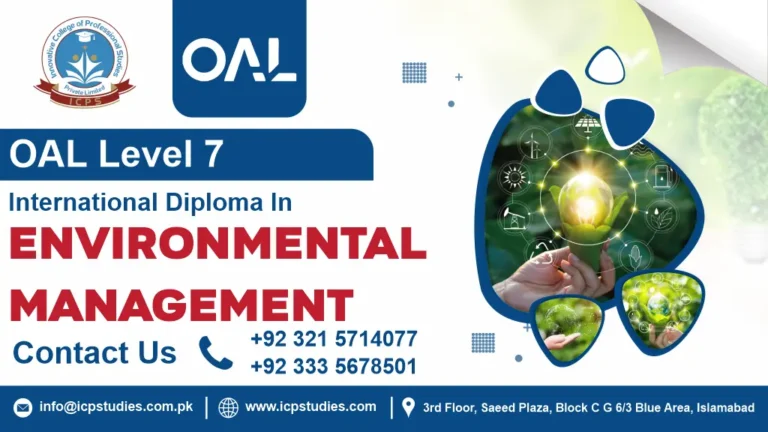LIQual is renowned worldwide for its commitment to excellence in occupational health and safety education. By earning your Level 7 International Diploma, you’ll gain a prestigious qualification that is respected and recognized across borders, opening doors to exciting career opportunities on a global scale.
Our Level 7 Diploma program offers an advanced curriculum that goes beyond the basics, delving into complex topics and cutting-edge practices in occupational health and safety. From strategic leadership to risk management, you’ll gain the advanced skills and knowledge needed to thrive in diverse and challenging environments.
Whether you’re looking to advance into executive leadership roles, consult internationally, or lead health and safety initiatives for multinational corporations, this diploma equips you with the strategic acumen and global perspective to succeed. Stand out as a visionary leader in the field and shape the future of workplace safety worldwide.
We understand the demands of balancing work, family, and study. That’s why we offer flexible learning options, including online courses and part-time study, allowing you to pursue your diploma at your own pace, wherever you are in the world.
Don’t wait any longer Enroll now and Elevate your career and expand your horizons with the LIQual Level 7 International Diploma in Occupational Health & Safety.
All About Level 7 International Diploma in Occupational Health & Safety
Course Overview
The LIQual Level 7 International Diploma in Occupational Health & Safety is an advanced qualification designed for seasoned professionals in the field of workplace safety who aspire to reach the pinnacle of their careers. This diploma program provides an extensive exploration of complex concepts, strategic frameworks, and international best practices in occupational health and safety management.
Participants delve into advanced leadership theories and practices tailored to the field of occupational health and safety. Emphasis is placed on developing visionary leaders who can drive organizational change, foster a culture of safety, and influence stakeholders at all levels.
The program offers an in-depth examination of international health and safety regulations, standards, and guidelines. Participants learn to navigate complex legal frameworks, cultural nuances, and regional variations to ensure compliance and mitigate risks effectively in diverse global contexts.
Advanced risk management methodologies are explored, focusing on sophisticated risk assessment techniques, hazard identification strategies, and proactive risk mitigation measures. Participants develop the skills and expertise needed to manage occupational health and safety risks in complex and dynamic environments.
Comprehensive emergency response planning, crisis management protocols, and business continuity strategies are addressed. Participants learn to anticipate, prepare for, and respond to emergencies effectively, minimizing disruptions and safeguarding the well-being of employees and assets on a global scale.
The LIQual Level 7 International Diploma in Occupational Health & Safety is a prestigious qualification that empowers professionals to become leaders in the field of workplace safety on a global scale. Through advanced education, strategic leadership development, and practical application, participants are equipped to drive innovation, influence change, and shape the future of occupational health and safety worldwide.
Study Units
Learning Outcomes
Here are the outcomes corresponding to each of the study units:
- Health and Safety Management Practice:
- Outcome: Participants will develop practical skills and knowledge in implementing health and safety management practices within organizations. They will be able to assess workplace hazards, develop and implement safety protocols, and effectively manage health and safety programs to promote a safe work environment.
- Effectiveness of Health and Safety Management Systems:
- Outcome: Participants will gain an understanding of the factors that contribute to the effectiveness of health and safety management systems. They will learn to evaluate existing systems, identify areas for improvement, and implement strategies to enhance the overall effectiveness of health and safety management within organizations.
- Affecting Risk and Strategic Risk Intervention:
- Outcome: Participants will develop expertise in assessing and mitigating occupational health and safety risks strategically. They will learn to identify high-risk areas, develop risk intervention strategies, and implement proactive measures to minimize risks and prevent workplace incidents.
- Globalization, Sustainability, and Safety Culture Performance:
- Outcome: Participants will explore the impact of globalization and sustainability on safety culture performance within organizations. They will learn to promote a culture of safety that aligns with global standards and sustainability principles, fostering employee engagement and organizational resilience.
- Sustainability and Ethics in Health and Safety Practice:
- Outcome: Participants will examine the ethical considerations and sustainability principles relevant to health and safety practice. They will learn to integrate ethical decision-making processes and sustainability initiatives into health and safety management strategies, promoting responsible and sustainable practices.
- Advanced Research Methods and Development as a Strategic Manager:
- Outcome: Participants will enhance their research skills and strategic management capabilities in the context of health and safety practice. They will learn advanced research methods, data analysis techniques, and strategic planning processes to inform decision-making and drive continuous improvement in health and safety management.
These outcomes collectively equip participants with the knowledge, skills, and tools needed to excel as strategic leaders in the field of occupational health and safety. Through practical application and theoretical understanding, participants are prepared to address complex challenges, drive organizational change, and promote a culture of safety and sustainability within their organizations.
Admission Criteria
The entry requirements for the LIQual Level 7 International Diploma in Occupational Health & Safety typically include:
- Educational Background:
- Applicants are usually required to hold a relevant undergraduate degree or equivalent qualification from a recognized institution. This may include degrees in occupational health and safety, environmental health, public health, engineering, or related fields.
- Work Experience:
- While not always mandatory, many programs prefer candidates with substantial work experience in occupational health and safety, risk management, or related fields.
- Typically, candidates are expected to have a minimum of five to eight years of relevant work experience, preferably in managerial or leadership roles within occupational health and safety.
- Professional Qualifications:
- Some programs may require applicants to hold specific professional certifications or qualifications in occupational health and safety, such as NEBOSH (National Examination Board in Occupational Safety and Health) diplomas, Certified Safety Professional (CSP) credentials, or equivalent certifications.
- English Language Proficiency:
- Since the course materials and assessments are often conducted in English, applicants may be required to demonstrate proficiency in the English language.
- This can be proven through standardized tests such as the TOEFL (Test of English as a Foreign Language) or IELTS (International English Language Testing System), or through other recognized language proficiency assessments.
- References or Recommendations:
- Applicants may be asked to provide letters of recommendation or references from employers, supervisors, or academic instructors who can attest to their suitability for the program. These references may speak to the applicant’s academic achievements, work experience, leadership qualities, and relevant skills.
- Statement of Purpose or Personal Statement:
- Some institutions may require applicants to submit a statement of purpose or personal statement outlining their reasons for applying to the program, career goals, relevant experiences, and how they believe the program will benefit them professionally.
- Interview:
- Depending on the institution, applicants may be required to participate in an interview as part of the admissions process. The interview may assess the applicant’s suitability for the program, their understanding of occupational health and safety concepts, their leadership abilities, and their motivation for pursuing further education in the field.
- Additional Requirements:
- Depending on the program and institution, there may be additional requirements such as completion of prerequisite courses, submission of a resume or curriculum vitae (CV), or completion of a pre-admission assessment or test.
Prospective students are advised to carefully review the entry requirements outlined by the institution offering the course and ensure that they meet all criteria before applying.
Ideal Candidate
This course is suitable for a diverse range of professionals, including:
- Senior Occupational Health and Safety Practitioners:
- Professionals with extensive experience in occupational health and safety roles who are seeking to advance their careers and take on senior leadership positions within their organizations.
- Health and Safety Managers and Directors:
- Individuals responsible for overseeing health and safety practices within organizations, including health and safety managers, directors, coordinators, or consultants, who are looking to enhance their strategic leadership skills and global perspective.
- Risk Management Professionals:
- Risk managers, EHS (Environmental Health and Safety) managers, and professionals involved in risk assessment and mitigation who want to deepen their understanding of global health and safety regulations and best practices.
- Consultants and Advisors:
- Health and safety consultants, advisors, and regulatory compliance specialists who work with multinational corporations or provide consulting services to organizations across different industries and sectors.
- Corporate Leaders and Executives:
- Senior executives, corporate leaders, and board members who recognize the importance of prioritizing health and safety within their organizations and want to gain insights into global trends and best practices in occupational health and safety management.
- Government Officials and Policy Makers:
- Government officials, policymakers, and regulators involved in setting occupational health and safety policies and regulations at the national or international level who seek to enhance their knowledge and expertise in global health and safety standards.
- Industry Specialists:
- Professionals working in specific industries or sectors such as construction, manufacturing, healthcare, oil and gas, transportation, or mining, where occupational health and safety risks are prevalent and require specialized expertise.
- Academics and Researchers:
- Academics, researchers, and educators in the field of occupational health and safety who are interested in staying abreast of global developments, conducting advanced research, and contributing to the advancement of the field.
This course is designed to meet the needs of experienced professionals who are committed to driving excellence, innovation, and continuous improvement in occupational health and safety management on a global scale. Whether you’re looking to advance your career, expand your professional network, or make a meaningful impact in the field, the LIQual Level 7 International Diploma provides the knowledge, skills, and credentials to help you achieve your goals.
FAQs about Level 7 International Diploma in Occupational Health & Safety

